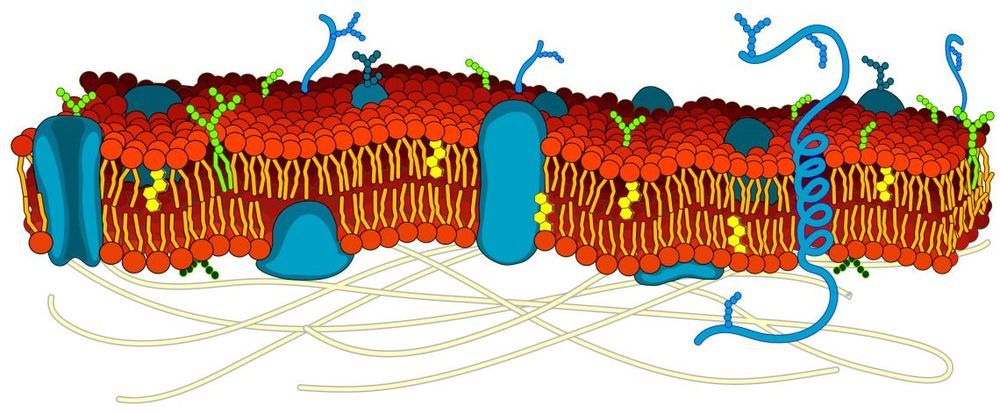DNA circuits could help ensure that cancer screens and therapies zero in on the right culprits. A new cancer-detecting tool uses tiny circuits made of DNA to identify cancer cells by the molecular signatures on their surface.
Duke University researchers fashioned the simple circuits from interacting strands of synthetic DNA that are tens of thousands of times finer than a human hair.
Unlike the circuits in a computer, these circuits work by attaching to the outside of a cell and analyzing it for proteins found in greater numbers on some cell types than others. If a circuit finds its targets, it labels the cell with a tiny light-up tag.









Comments are closed.